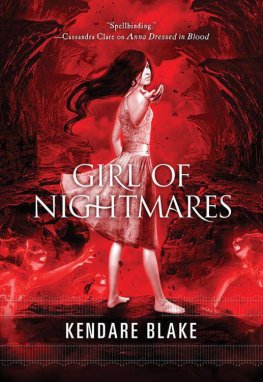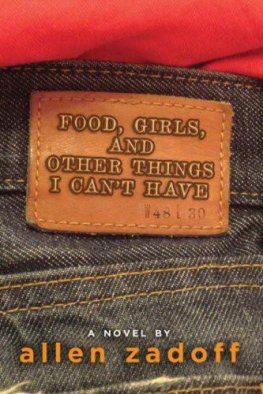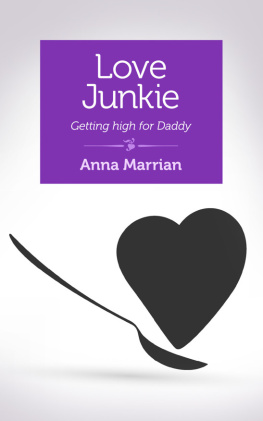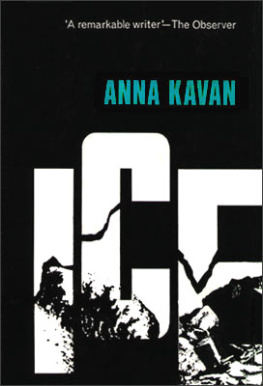ACKNOWLEDGMENTS (with apologies to Harry and Bess)
Now tell answer answer-be quick, speak pray-quickly pray answer-be quick look answer-be quick answer-pray now tell, pray please please tell say answer-be quick look pray-tell pray-now, pray-answer pray-tell answer-answer tell answer-be quick pray-tell answer-be quick quickly tell please pray-tell pray-answer pray-answer pray-tell answer-say look pray-now speak: Pray look pray-say tell tell, Pray pray-now pray-now pray, Now pray answer-answer look now pray pray-now now answer-be quick quickly tell Pray-quickly pray-tell answer answer look pray-now pray-look Pray-tell please please look say tell, Speak look pray-now pray.
Answer-be quick quickly pray pray-now pray-pray pray-look answer-be quick pray-tell Answer Pray-say Answer-say pray pray-now now answer-be quick quickly tell now pray-quickly look answer-answer tell answer pray say pray-pray pray pray-now now please pray-tell pray-quickly answer-be quick quickly answer-be quick pray-tell Say pray-tell pray-quickly pray-now answer-say pray pray-answer pray-answer.
www.assimpleassnow.com
READERS GUIDE TO as simple as snow
DISCUSSION QUESTIONS
1. Why does the author leave the narrator of the story unnamed, but tells us that he was named after his mothers brother who had died at thirteen? What clue does Anna give the reader about what the narrators name might be?
2. Anna mentions the legendary escape artist and illusionist Houdini on several occasions. What about Houdini fascinates her? How does she ultimately emulate him?
3. The first time the narrator visits Annas house, he finds a Bible on Annas nightstand in which she has underlined the following passage: And I gave my heart to know wisdom, and to know madness and folly; I perceived that this also is vexation of the spirit. For in much wisdom is much grief; and he that increaseth knowledge increaseth sorrow. The narrator finds a card in his locker with the same inscription, after Annas disappearance. Why was the passage so relevant to Anna? What might it say about her relationship with the narrator?
4. Why is Anna so fascinated with obituaries? Do you think she was telling the truth when she tells the narrator that her obituaries have come true? Do the obituaries serve another purpose besides describing each persons life and death?
5. Who caused Annas bruises? Why does she lie to the narrator about them?
6. What was Annas relationship to Bryce Druitt? Why do you think she ran his car into the bridge? Why did Bryce also have a box full of things that Anna had sent him? Why did he know about the obituary that the narrator had received in the mail after Annas disappearnce?
7. Where did the condom wrapper that Annas father found come from? Do you think she planted it, and if so, why? Did she have another lover? What evidence supports or refutes this possiblity?
8. Why do you think the narrators sister Joan abandoned the family, avoiding contact with anyone? Why would she not at least contact her brothers?
9. Why was Anna so adamant that the narrator write a ghost story? Was that the real reason Anna wanted to visit Mumler? Was it coincidence that she walks across the ice?
10. What did Anna know about Mr. Devon and why does she dislike him? The narrator finds a letter from Anna when hes helping Mr. Devon clear out his office for the summer. What does the letter reveal about Annas possible connection to Mr. Devon? Do you think his explanation about the letter is the truth? Do you think hes told the truth about the fire that killed his girlfriend?
11. Why do the narrators parents relate so poorly to each other and their children? Does it have something to do with the loss of their daughter, Denise? How do they each try to reach out to the narrator after Annas disappearance?
12. What do you think actually happened to Anna? Interpret the evidence she left behinddoes it support the idea that she killed herself, was murdered, or the theory that she ran away? What scenario does what she wrote in the narrators obituary suggest?
13. Early in the book the narrator says, Im bland. Im milk. Worse, Im water. How has his opinion of himself changed by the end of the book? What has he come to realize about himself, and what does he credit for the change?
good-bye to everyone
Anna Cayne had moved here in August, just before our sophomore year in high school, but by February she had, one by one, killed everyone in town. She didnt do it all by herselfI helped with a few, including my best friendbut still, it was no small accomplishment, even if it was a small town.
She captured all of these lives and deaths in fourteen black-jacketed composition notebooks. By the time she had finished, there were more than 1,500 obituaries, on just under 2,800 handwritten pages. The lives she wrote about were real, all true, but the deaths were fictions she invented, an average of around eight a day. Im not predicting the future, she said, but its only a matter of time before everyone catches up to me.
She had known things about people, or had discovered themthe secrets and private information that showed up in her notebooks were things that people who had spent their entire lives in our town didnt know. The funny thing is, during the months when the bodies were piling up in the imagination of Anna Cayne, I dont think a single person actually died in town; it was the longest drought for the funeral home that anyone could remember.
The obituaries were private; her friends and a few other people knew that Anna was working on them, but besides me, I dont believe anyone else was allowed to read them. She must have started the project on her very first day in town, the day I saw her sitting on the front lawn of her new home, writing in one of her notebooks as the rest of us stood with her parents, watching their belongings parade from the long yellow truck into the house. And after she had written the last page almost seven months later, she was gone.
Maybe.
She left behind little more than suggestions, hints, and suspicions. But there were enough of them to make you go crazy trying to figure out what it all meant. But you have to try.
I have to change some thingssome names, some eventsand then there are things that happened that I didnt see, didnt experience, and that Ill never know. Theres stuff Ive tried to piece together and stuff Ive tried to leave aloneI had to rely mostly on what I remember and what I could find.
There are a few newspaper accounts of some of the events, some TV coverage, and theres the police report (which I wasnt allowed to see), but none of those is really helpful. They all focus on the superficial details, and miss the real story of what happened. Theyve got their own version of the world to sell. Besides, they only tell what theyve been told anyway, and very few of them talked to the person who knows the most about itme.
This is what I know happened, or think happened. I fell in love with a girl, and then she left, and later she tried to come back, or I thought she did, and I went after her. It should have been simple but in the end it could not have been more complicated, and maybe that was the whole point to begin with, but if love is true and still leaves you lonely, what good does it do? I started going over everything again, thinking I might find a way to her, wherever she was, or at least figure out what to do with all the things she left behind.
You have your whole life ahead of you, my mother told me, dont spend all your time in the past. Its good advice, I know it is, but the past has its own ideas. It can follow you around with a life of its own, casting a long shadow.
spooky girlfriend







